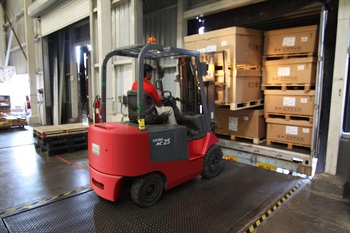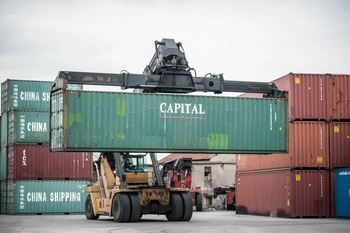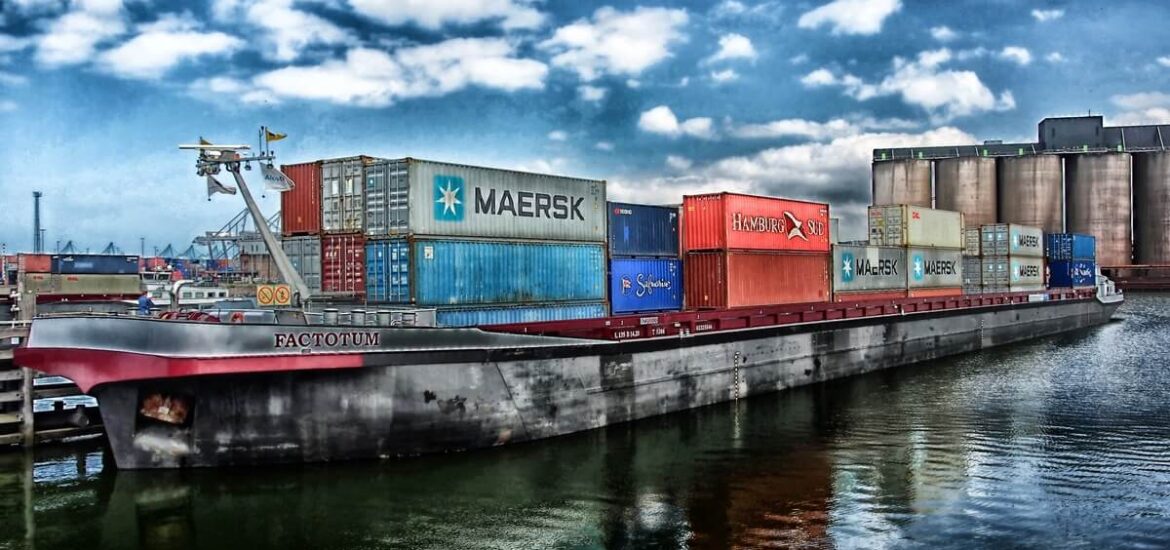In the dynamic world of logistics, the safety and security of goods during transportation are paramount. Cargo and freight insurance play crucial roles in safeguarding shipments against unforeseen events that could result in financial loss. While these terms are often used interchangeably, they hold distinct meanings within the logistics industry. We’ll delve into the subtle distinctions between cargo insurance and freight insurance in this detailed guide, throwing light on their functions, coverage, and benefits.
Understanding Cargo Insurance
The goal of cargo insurance is to guarantee that goods are moved from one place to another. It protects against a variety of dangers that could result in cargo damage, loss, or theft while in transit. Cargo insurance often covers commodities delivered by multiple routes such as sea, air, rail, and road. This insurance protects shippers and consignees in the event of an accident, natural disaster, theft, mishandling, or other unanticipated incident.
 Exploring Freight Insurance
Exploring Freight Insurance
On the other hand, freight insurance centers on the contractual liability of the carrier or freight forwarder responsible for transporting the cargo. It offers protection against the carrier’s legal liability in the event of damage, loss, or theft of the cargo during transit.
Freight insurance provides coverage for the logistics service provider’s legal obligation to compensate the shipper or consignee for any damage or loss that occurs while the cargo is under their custody.
Coverage Scope of Cargo Insurance
Cargo insurance encompasses a broad spectrum of coverage options, depending on the specific needs of the shipper or consignee. Some common coverage options include:
- All Risk Coverage: This comprehensive coverage protects against a wide range of risks, except those explicitly excluded in the policy.
- Named Perils Coverage: This coverage insures against specific perils or risks mentioned in the policy, such as fire, theft, or collision.
- General Average: In maritime transport, general average coverage ensures that all parties involved in a voyage share the cost of losses incurred for the common good.
Coverage Scope of Freight Insurance
Freight insurance primarily covers the contractual liability of the carrier or freight forwarder. It typically includes:
- Carrier’s Liability: Freight insurance covers the carrier’s legal responsibility for the cargo while it’s in their custody and control.
- Limitations and Exclusions: Similar to cargo insurance, freight insurance policies may have limitations and exclusions that define the scope of coverage.
Key Differences
Focus and Perspective:
-
- Cargo insurance is focused on the goods themselves, safeguarding against damage, loss, or theft during transit.
- Freight insurance centers on the carrier’s contractual liability for the cargo while it’s under their control.
Parties Involved:
-
- Cargo insurance involves the shipper or consignee and their interest in protecting the cargo.
- Freight insurance involves the carrier or freight forwarder and their contractual obligations to transport the cargo safely.
Coverage Scope:
-
- Cargo insurance offers a broader range of coverage options, protecting against various risks during transportation.
- Freight insurance primarily covers the carrier’s legal liability for the cargo under their custody.
Legal Basis:
-
- Cargo insurance is based on insurable interest and the need to protect the financial value of the cargo.
- Freight insurance is based on the carrier’s contractual obligations and legal liability to transport the cargo safely.
Benefits and Importance
 Both cargo and freight insurance are essential components of a robust supply chain management strategy. They offer several benefits, including:
Both cargo and freight insurance are essential components of a robust supply chain management strategy. They offer several benefits, including:
- Peace of Mind: Shippers and consignees gain peace of mind knowing that their goods are protected against unforeseen events.
- Financial Security: Insurance coverage protects the financial worth of the cargo, limiting potential losses.
- Compliance: Freight insurance helps carriers fulfill their contractual obligations and maintain good customer relationships.
- Risk Mitigation: Insurance mitigates the risks associated with transportation, allowing businesses to focus on their core operations.
Choosing the Right Insurance
Selecting the appropriate insurance depends on the perspective and needs of the parties involved. Shippers and consignees should consider cargo insurance to protect their goods, while carriers and freight forwarders should focus on freight insurance to fulfill their contractual responsibilities.
Conclusion
Cargo insurance and freight insurance, while closely related, serve distinct purposes within the realm of logistics. Cargo insurance shields goods from the risks of damage, loss, or theft during transit, ensuring the financial value of the cargo. Freight insurance, on the other hand, centers on the carrier’s contractual liability for the cargo, fulfilling their obligations to transport goods safely. By understanding the nuanced difference between these two types of insurance, businesses can make informed decisions to safeguard their interests and maintain the integrity of their supply chains.

